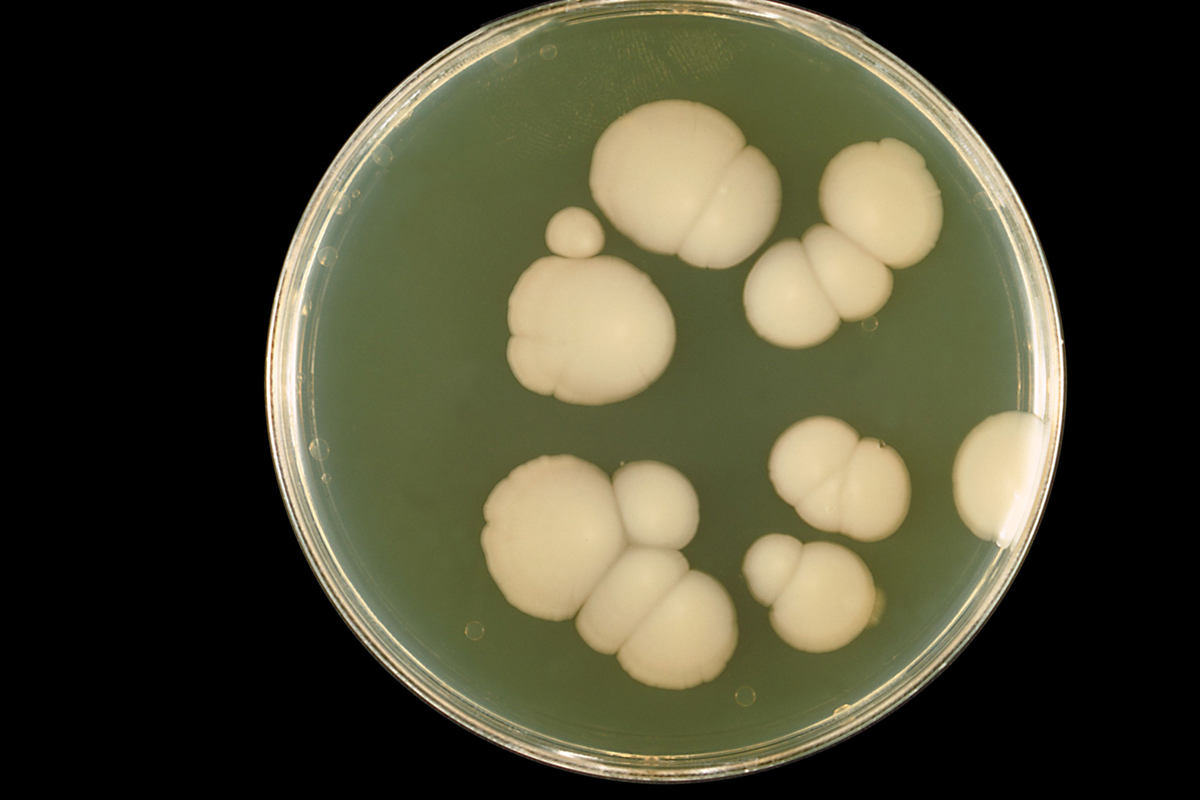
Hormonal imbalance occurs when there is increased or decreased level of certain hormones in a person’s body and it can be treated with several different approaches.
What are Hormones?
Hormones are chemical messengers secreted by the glands of the endocrine system. Hormones travel through the bloodstream to the organs and tissues. Hormones are present in the body in very small amounts but still they have profound effect on functioning of the system. In case hormone production intensifies or slows down, hormonal balance occurs and it can affect both men and women.
Causes of Hormonal BalanceWhen one of the glands that produce hormones such as pituitary gland, thyroid, adrenal gland, testes and ovaries, fail to produce or start to excessively produce hormones, it leads to hormonal imbalance. Hormonal imbalance is commonly seen in women in menopause where imbalance between progesterone and estrogen occurs. Oral contraception can cause lower progesterone levels and lead to hormonal imbalance. Stress and poor nutrition may result in hormonal imbalance as well. Other factors that may lead to hormonal imbalance in women include environmental pollutants and some cosmetic products. Men can also suffer from hormonal imbalance. In men, hormonal imbalance is related to aging when fluctuations in production of hormone testosterone occur. This condition is known as andropause, similar to menopause in women. Some medical conditions can cause hormonal imbalance in both males and females. They include: stroke, Alzheimer’s disease, cancers, under active thyroid, and others.
Symptoms of Hormonal ImbalanceHormonal imbalance in women is associated with PMS, hot flushes, loss of libido, hair loss and thinning hair, memory loss, irregular periods, incontinence, vaginal dryness, bone and muscle loss, water retention, osteoporosis, breast tenderness, low metabolism, lack of concentration, palpitations, weight gain, mood swings, bleeding gums and premature aging. Men with hormonal imbalance may experience weight gain, mood swings, enlarged prostate, erectile dysfunction, insomnia, low sperm count, loss of sex drive, migraine, memory loss, hair loss and prostate inflammation.
Treatment
Hormonal imbalance can be treated with the help of prescribed medications and hormonal supplements. They are given to supply the body with the hormone that is deficient in the body. Hormone blockers are given to block overproduction of hormones. Hormonal imbalance can be also treated with herbal remedies such as phytoestrogenic herbs that contain estrogenic compounds. Surgery may be necessary in the case that hormonal imbalance is caused by malfunction of certain gland. Hormonal imbalance is often treated with the hormone replacement therapy (HRT). That includes medications given to alleviate symptoms cause by hormonal imbalance. This therapy effectively treats hormonal imbalance in men and women but it entails severe side effects. Finally, hormonal imbalance can be potentially treated with the lifestyle changes that includes, regular exercise, improved diet and stress reduction.








-In-Adults_f_280x120.jpg)








Your thoughts on this
Loading...